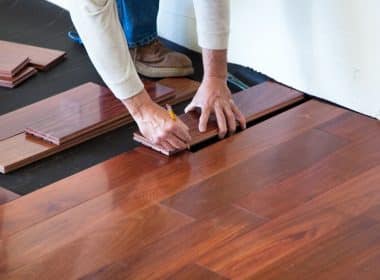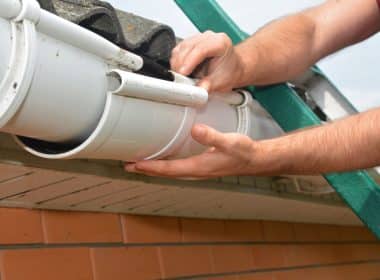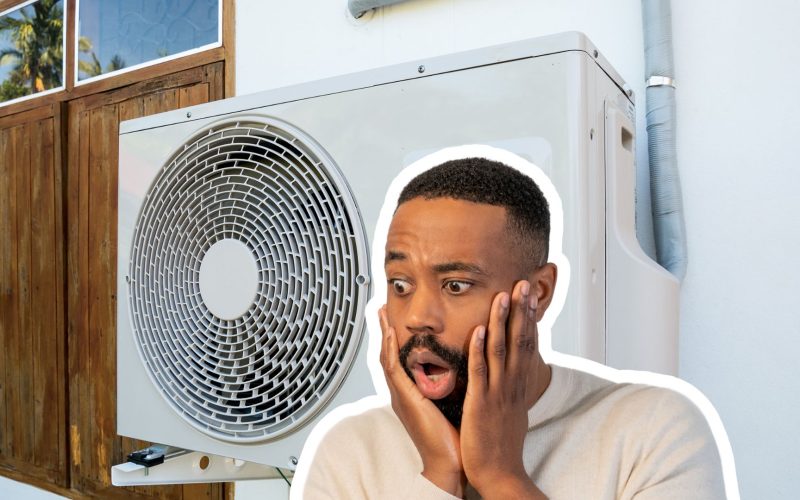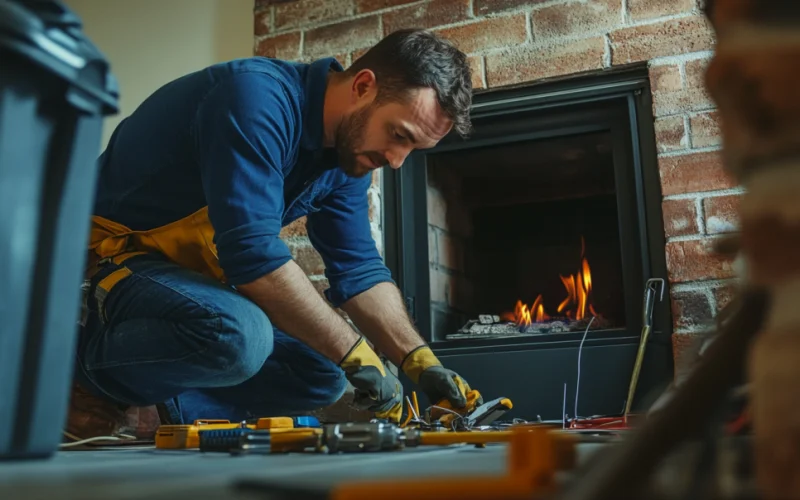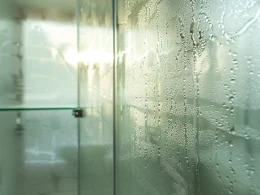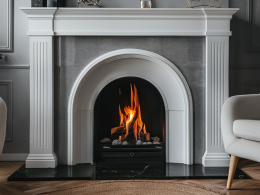Your AC keeps you cool on hot days, but it can affect your comfort when its compressor starts acting up. Many homeowners don’t know the signs of a failing compressor, which can lead to bigger problems.
I’m here to help you spot these issues early. This post will walk you through the top nine indicators your AC compressor might need to be repaired.
By knowing what to look out for, you can catch problems early and avoid costly breakdowns. We’ll cover everything from weird noises and leaks to high electric bills and weak airflow.
With this information, you’ll be better equipped to keep your AC running smoothly all summer.
9 Warning Signs of a Bad AC Compressor
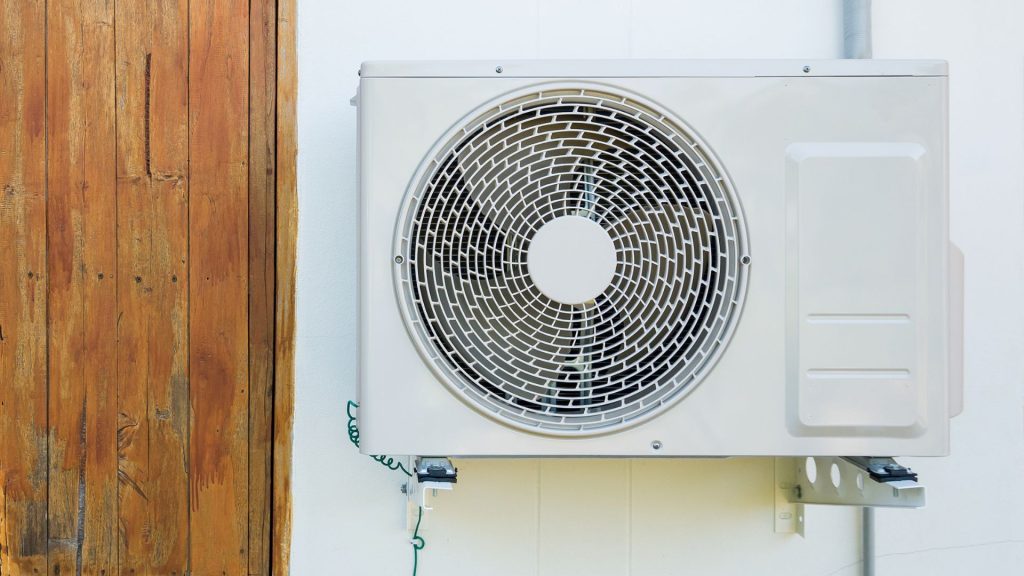
Here are 9 warning signs that could mean your AC compressor needs attention. Don’t ignore these red flags!
1. Unusual Noises
Have you ever heard your AC making odd sounds? When your AC is working right, it should hum quietly.
But if you start hearing strange noises like rattling, grinding, or hissing, it’s time to pay attention. These sounds often mean there’s a problem with your compressor.
Why Does This Happen?
As your AC ages, parts inside the compressor can wear out or come loose. When these parts aren’t working properly, they make noise.
If you hear these sounds, don’t wait. It’s best to call a technician who knows about ACs. They can check your system and fix any issues before they get worse. Quick action can save you from bigger problems and higher costs later on.
2. Leaks
Have you noticed any wet spots or puddles near your AC unit? This could be a sign that your compressor is having trouble.
One of the most common leaks to watch out for is refrigerant, the special liquid that helps your AC cool your home. If you see oily spots or feel dampness around your AC, it might mean the refrigerant is escaping.
Why Does This Happen?
As your AC gets older, parts can wear out. The compressor, which keeps the refrigerant moving, can start to struggle. Leaks happen when it can’t hold the refrigerant in like it should.
If you think your AC is leaking, don’t try to fix it yourself. Refrigerant can be harmful, and your AC needs the right amount to work properly. Instead, call a pro who knows how to handle AC systems.
They can find the leak, fix it, and ensure your AC has the right amount of refrigerant.
3. High Electric Bills
Have you noticed your electric bill rising even though you haven’t changed how you use your AC? This could be a clue that your compressor is having issues.
When your AC works well, it should keep your home cool without using too much power. But if the compressor starts having problems, it has to work harder to do its job.
Why Does This Happen?
As compressors get older, they can lose their efficiency. They might need to run longer to cool your home or struggle to reach your desired temperature.
If you see a big jump in your electric bill and can’t figure out why, having your AC checked out is a good idea. A technician can look at your system and see if the compressor is the cause. They might be able to fix the issue or let you know if it’s time to think about replacing parts.
4. Weak Airflow
Have you turned your AC on full blast but feel like little air is coming from the vents? This could be a sign that your compressor is starting to have trouble.
When your AC works correctly, you should feel a strong, steady flow of cool air from the vents. If this airflow begins to weaken, it might mean your compressor isn’t pushing air through the system as well as it should.
Why Does This Happen?
In the early stages of compressor problems, it may struggle to move air effectively. This can happen even before other more obvious signs show up.
If you notice weak airflow, it’s smart to check your AC soon. A technician can examine your system and determine if the compressor is the cause. They might be able to fix the issue before it turns into a bigger problem. Addressing weak airflow early can help prevent your compressor from failing.
5. Warm Air from Vents
Have you ever turned on your AC expecting a cool breeze, only to feel warm air coming out? This can be frustrating, especially on a hot day.
When your AC works correctly, it should blow cool air from the vents. If you start feeling warm air instead, it could mean your compressor has issues.
Why Does This Happen?
There are a couple of reasons. Your AC might be low on refrigerant, which helps cool the air. Or, your compressor itself might not be working properly.
The compressor pumps the refrigerant and helps make the air cold, so if it’s not doing its job, you’ll feel warm air.
If you notice warm air coming from your vents, it’s best to call a technician. They can check your system and figure out what’s wrong. Sometimes, it might just need more refrigerant, and other times, the compressor might need fixing.
6. Condenser Unit Overheating
Have you ever checked your outdoor AC unit and found it hot? While it’s normal for this part to be warm, it shouldn’t be too hot to touch.
The outdoor part of your AC is called the condenser unit. It works with the compressor to remove heat from your home. When it works properly, your home should be warm but not hot.
Why Might It Overheat?
If your compressor is having problems, it can make the condenser work harder than it should, which can cause the condenser to get too hot.
If you notice your condenser unit is very hot, ensure enough space around it. It needs good airflow to work well. Trim any plants that might be too close. But if it’s still too hot even with good airflow, it’s time to call a pro. They can check if the compressor is causing the problem and fix it before more damage happens.
7. Frequent System Cycling
Have you noticed your AC turning on and off more often than usual? This is called short cycling, and it’s not good for your system.
When your AC works correctly, it should run longer, keeping your home cool and comfortable. But if it starts to switch on and off quickly and often, something’s not right.
Why Does This Happen?
There could be a few reasons, but one big one is compressor trouble. The compressor is like the heart of your AC. If it’s not working well, the whole system can act up.
Short cycling isn’t just annoying – it can also wear out your AC faster and use more energy. This means higher bills and a shorter life for your AC.
If you notice your AC turning on and off often, it’s best to call a pro. They can check your system and find out what’s causing the problem. It might be the compressor, or it could be something else.
Don’t ignore short cycling. Getting it checked out can help keep your AC running smoothly and save you money in the long run.
8. Tripped Circuit Breaker
Have you ever had your AC shut off suddenly, only to find out the circuit breaker has tripped? If this happens occasionally, it might not be a big deal.
But if it keeps happening, it could be a sign of a problem with your AC compressor. Your AC needs a certain amount of power to run.
When everything’s working right, it shouldn’t use more energy than your electrical system can handle.
Why Does This Happen?
As compressors age or develop problems, they sometimes have to work harder to do their job. This extra work means they use more electricity, which can overload your circuit and cause the breaker to trip.
If you find yourself resetting your AC’s circuit breaker often, it’s time to call in a pro. An electrician or HVAC technician can check your system to see what’s causing the problem. They’ll make sure it’s safe to use your AC and fix any issues they find.
9. System Fails to Start
Have you ever tried to turn on your AC, but nothing happened? Or maybe it struggles to start up? This can be frustrating, especially on a hot day.
When your AC works well, it should start smoothly when you turn it on. If it doesn’t start at all or seems to have trouble getting going, it could mean a serious problem with your compressor.
Why Does This Happen?
Your compressor is like your AC’s engine. If it’s not working properly, your whole system might not start. This could be because the compressor has worn out over time or because of electrical issues.
If your AC won’t start, don’t keep trying to turn it on. This could cause more damage. Instead, call a pro right away. They can check your system and figure out what’s wrong.
Sometimes, they might be able to fix the problem. Other times, you might need to replace the compressor or other parts.
Alternative Options When a Compressor Fails
So, your AC compressor has given up. What now? First things first, take a deep breath and call a pro.
They’ll check your system and tell you exactly what’s wrong. This step is key – it helps you make the best choice for your home and wallet.
Once you know what’s going on, you’ve got a few options:
- Replace the Compressor: This might be your best bet if your AC is still under warranty. The manufacturer might cover most or all of the cost.
- Get a New Condenser Unit: This means replacing the outdoor part of your AC. It can be a good choice if your AC isn’t too old, but the compressor is beyond repair.
- Buy a New Air Conditioner: If your AC is getting old, replacing it might make more sense. You’ll get a more efficient system that could save you money on energy bills.
- Upgrade Your HVAC System: If other parts of your heating and cooling system are old, you might want to replace everything immediately. It’s a bigger investment up front, but it can pay off in the long run.
Remember, each home is different. What’s right for you depends on your AC’s age, budget, and long-term plans.
Talk it over with your HVAC pro to figure out the best move for you.
Conclusion
Let’s wrap this up. We’ve examined 9 key signs that your AC compressor might be in trouble. From strange noises and leaks to weak airflow and warm air, these indicators can help you spot problems early.
Remember, your AC compressor is crucial for keeping your home cool. If you notice any of these signs, don’t wait – call a pro. Quick action can save you from bigger issues and costly repairs.
Regular check-ups can also help keep your AC running smoothly. Why not schedule a maintenance visit soon? It’s a smart way to catch problems before they start.
Stay cool!


